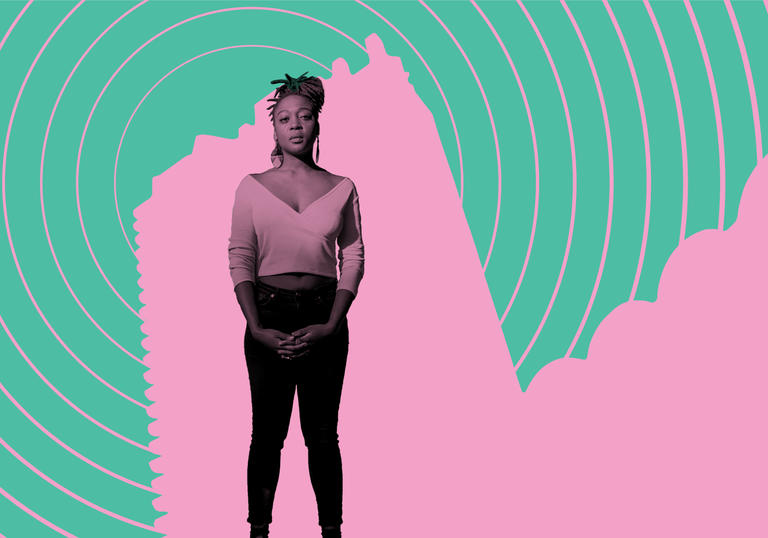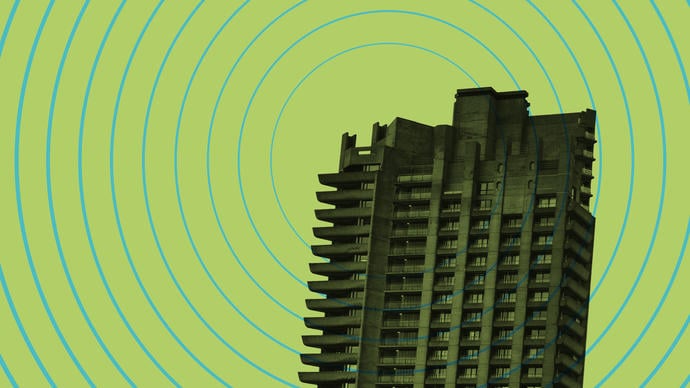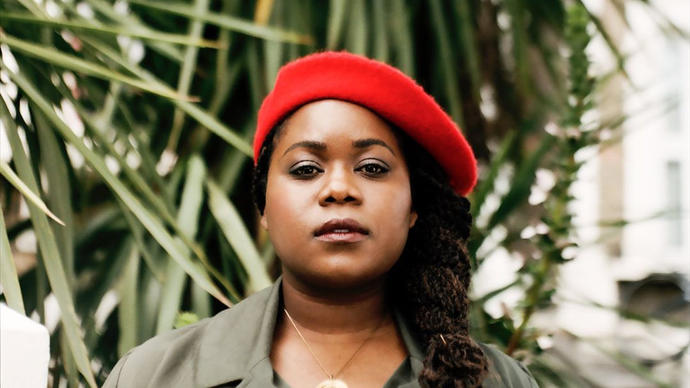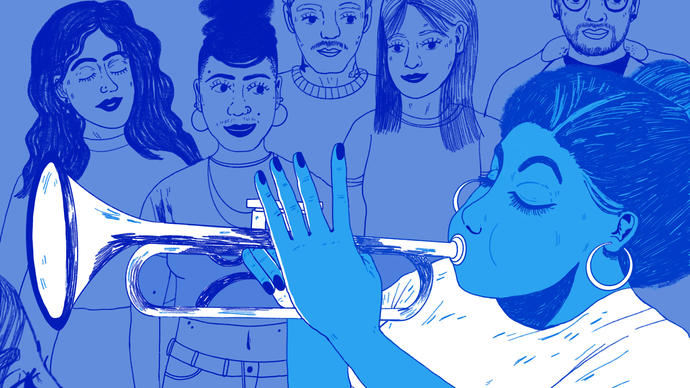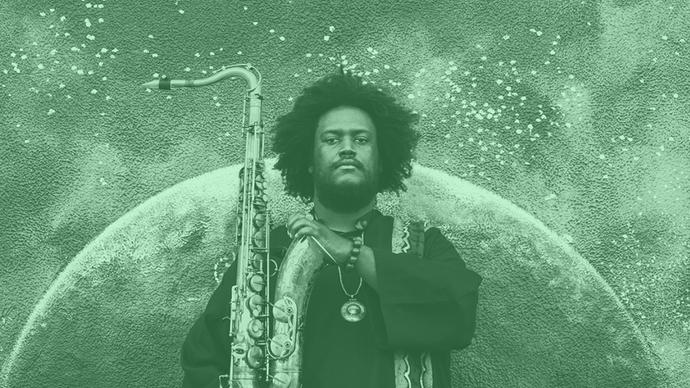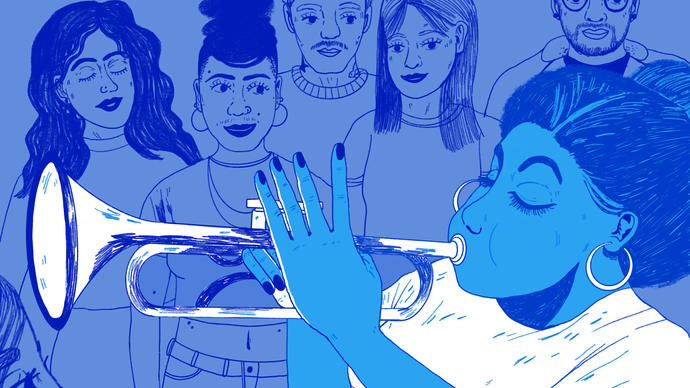When London band SEED Ensemble emerged around four years ago, they were hailed as proof of thrilling new revolutions in the UK music scene, and among its jazz musicians – crucially repping its creative fluidity, and linking generations of inspiration across music and other art forms with 21st century youth culture. The talented instrumentalists in SEED Ensemble simultaneously play their parts in a range of other contemporary acts, and are led by composer, arranger and alto saxophonist Cassie Kinoshi, also a key figure in the outfits Kokoroko and Nerija.
The combination of these elements and visions yields a sound that is expansive, musically adventurous, and excitingly immediate. They earned a Mercury Prize nomination for their brilliant 2019 debut album Driftglass, released on the seminal Jazz re:freshed label, and taking its name from a novel by the Black American sci-fi novelist and queer theorist Samuel R Delaney. Its tracks are enriched with personal experience – in particular, pan-African and Caribbean roots – political references and pop cultural hooks, creating an exploration of the undeniable issues in modern British society, as well as a spirit-soaring celebration of Black British experience.
SEED Ensemble offer a lucid heads-up, that jazz is essentially ‘a community genre for everyone’ (as Kinoshi remarked in a Jazzwise interview), and that this latest explosion is deep-rooted, including the disparity of Black voices, and the presence of strong female leaders and collaborators. ‘The politics and the history of the country has shaped the sound,’ added Kinoshi. ‘Who has come into the country, and what’s popular at the time, has always seeped into jazz.’
Tonight’s Barbican set marks the Ensemble’s first live gig of 2020, since their planned nationwide tour was cancelled due to the first UK pandemic lockdown in March. It also now takes the form of an online edition of the EFG London Jazz Festival: tonight’s concert will be live-streamed from the Barbican to a worldwide audience, and its set list pays homage to the songbook of US free jazz icon Pharoah Sanders, who celebrates his 80th birthday this week. SEED Ensemble bring their own approach to a wealth of material, as saxophonist/bandleader/composer Sanders’s catalogue spans his early 60s work with Sun Ra, his significant place in John Coltrane’s various groups, and his prolific recordings as a solo artist and multi-genre collaborator, evoking struggle, survival, and the glory of human potential.
Highlights will include the fantastically atmospheric spirituals of ‘Upper And Lower Egypt’, taken from Sanders’s 1967 album Tauhid (its title a nod to Muslim monotheism); ‘Astral Travelling’ (a collaboration with Lonnie Liston Smith, taken from Sanders’s classic 1971 album Thembi) connects and contrasts with the exploratory themes of SEED Ensemble’s modern compositions – they’re joined here by fellow interplanetary traveller Shabaka Hutchings on clarinet. Sanders’s exhilarating late 80s track ‘You’ve Got To Have Freedom’ is given an additional percussive charge by special guest Yahael Camara-Onono. The multi-faceted line-up is further enriched by keyboardist Ashley Henry and Kokoroko band member Richie Seivwright adding emotive guest vocals.
In a year where musicians and all creative artists continue to endure exceptional challenges, SEED Ensemble deliver music as an immaculately realised, whole-heartedly inclusive life force. ‘People need to realise that you don't have to have studied composition at uni (or at all), be writing for “classical orchestra” or scribbling your scores with pencil on manuscript to be viewed as a “composer”,’ Kinoshi tweeted in August. ‘The image of what it is to be a “composer” is outdated and elitist.’
This outfit have cited the important impact of nurturing youth platforms such as Tomorrow’s Warriors, and they also present a febrile creative hotbed – appealing to all generations of musicians and artists of all backgrounds to express their own voices. The present day isn’t easy, but with the necessary support, far-ranging future sounds and visions should flourish:
As Kinoshi noted in a Musicweek interview: ‘I think that the music we all call jazz is continually growing and continually changing. In the next ten years or even less it will start to sound even more different because we’ve got other genres seeping into it. That’s what makes it so exciting, it’s constantly evolving and sucking up everything that’s around it.’
